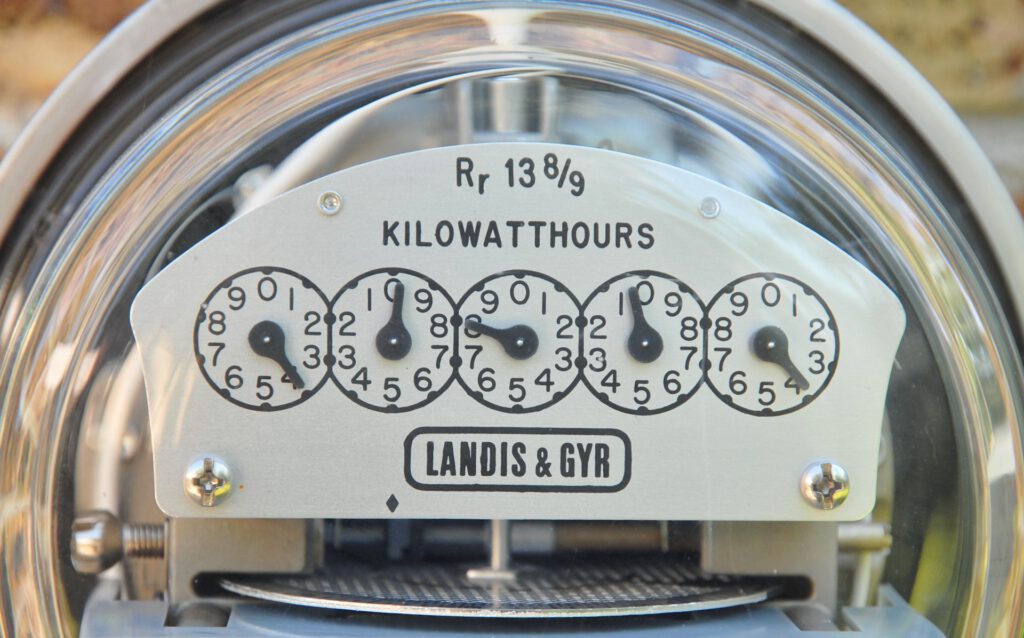Sensible tips to cut energy costs at home

The latest energy price cap in the UK came into force on 1 October 2023. The maximum amount energy suppliers are allowed to charge people on default tariffs between 1 October to 31 December 2023 is £1,834 per year for a typical household who pay by Direct Debit. The amount anyone pays will depend on actual household usage and where they live as well as meter and payment type.
What can you do to save energy?
Over the past couple of years we’ve seen a plethora of tips articles on keeping warm this winter as the cost of energy spirals. Some are obvious, some are rather strange, and some are, in our opinion, probably worth investigating further.
Here’s a roundup of some of the advice we think could be worthwhile.
Suggestions include a few tips for managing boilers more efficiently. If you haven’t already done this, you can try:
- Lowering the flow temperature from 80C to 60C or lower if you have a combi boiler
- Turning off the pre-heat function for hot water, as this tends to use a lot of gas to keep hot water temperatures topped up
Which appliances use the most and least energy? A useful comparison by uSwitch lists the most power-hungry household appliances, with the shower clearly topping the list. Other appliances rated in order are the electric hob, tumble dryer, oven, kettle fridge/freezer, dishwasher, iron, washing machine and air fryer. Reducing the length of a shower, or swapping from hob and oven cooking to a microwave, pressure cooker or an air fryer could make a difference to bills.
With air fryers being a fairly new arrival, many older people may not be aware of their benefits. The term air fryer may sound like we’re about to cook some chips, but those in the know say they are like mini ovens and can cook most things that an oven can – including a chicken if they’re large enough and even a cake. They do also produce crispy food if that’s what’s wanted.
Some appliances are meant to be left on full-time, and advice suggests it’s better to turn down boilers, fridges and freezers rather than turn them off as they use energy to get back to temperature every time they’re turned on again. Fridges and freezers should be regularly defrosted, and freezers work more efficiently if they’re full. If there’s a lot of space, you could half fill plastic bottles with water and use these to plug the gaps.
What financial support is available for those struggling to pay their energy bills? There may be help available such as temporary credit from suppliers for pre-payment meter users, hardship funds offered by some energy companies, government cost of living payments to those on disability payments, and emergency funds from some charities.
If there’s no help forthcoming for heating bills, and people find themselves facing a choice between eating and keeping warm, then the growing number of ‘warm banks’, otherwise known as ‘living rooms’ may be a help. These facilities are likely to be found in places such as churches, community centres, museums, galleries and libraries.
If you found this article helpful, you may like to read:
- Is it time to upgrade your parent’s boiler?
- How are people dealing with the rising cost of living?
Photo by Robert Linder on Unsplash

